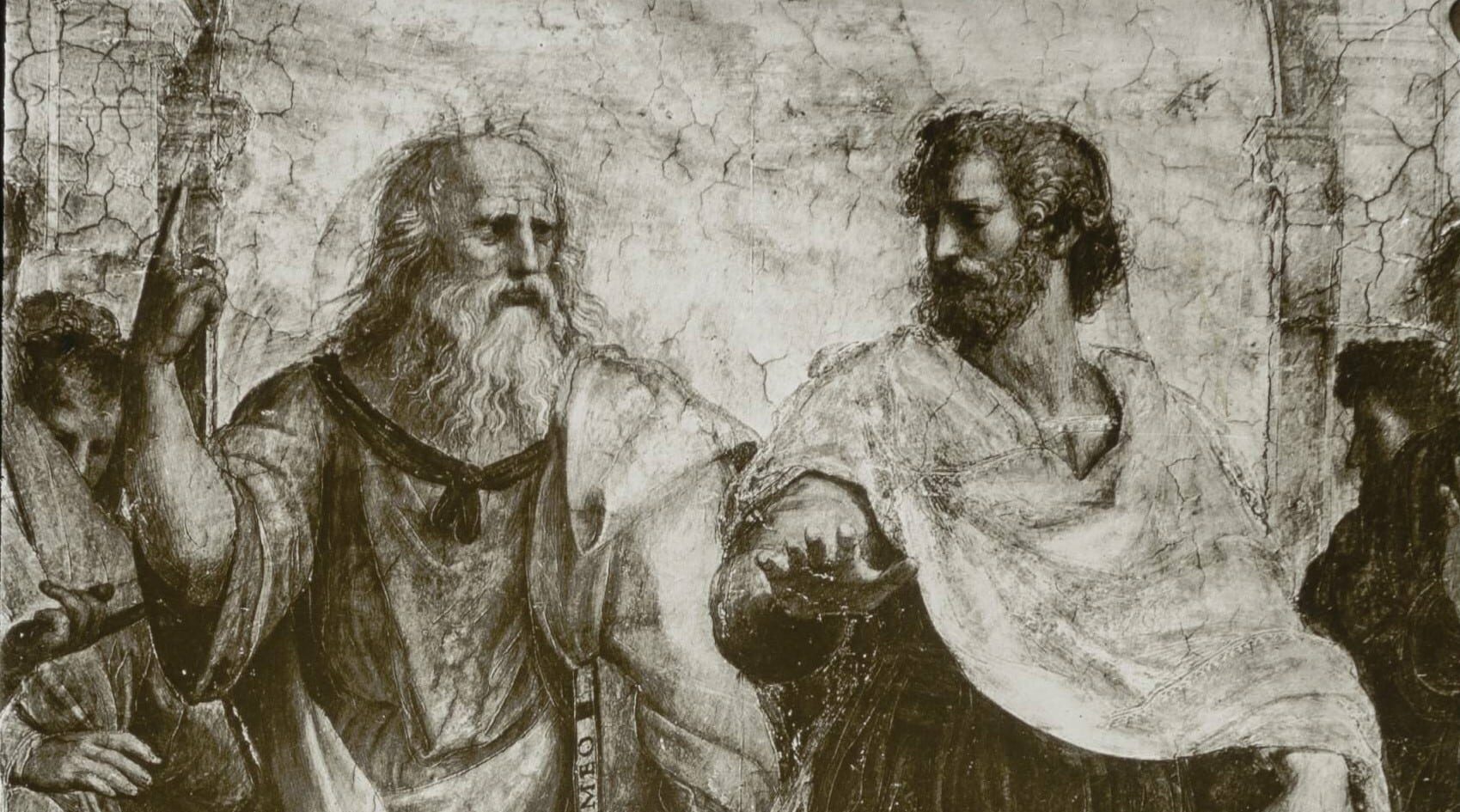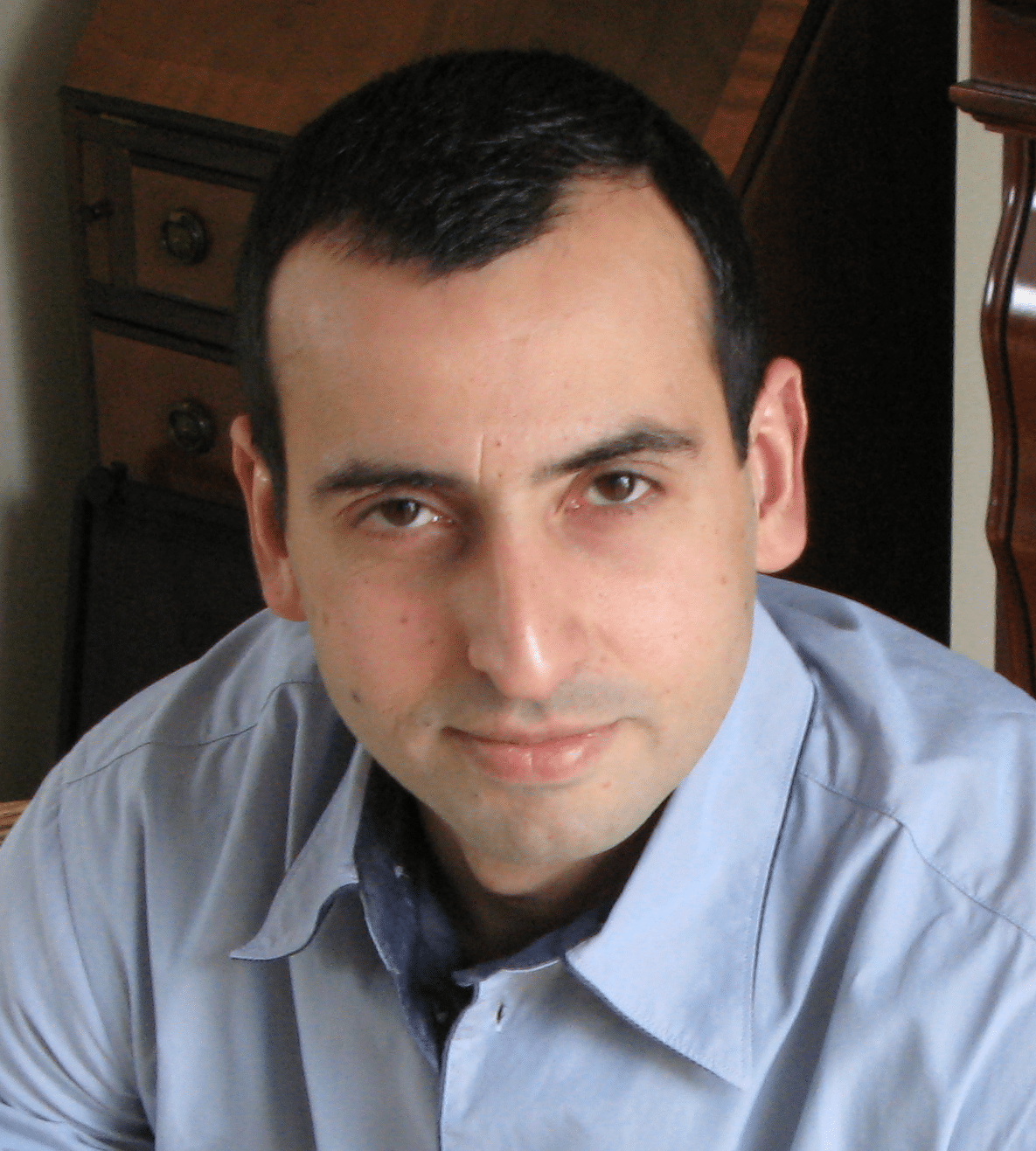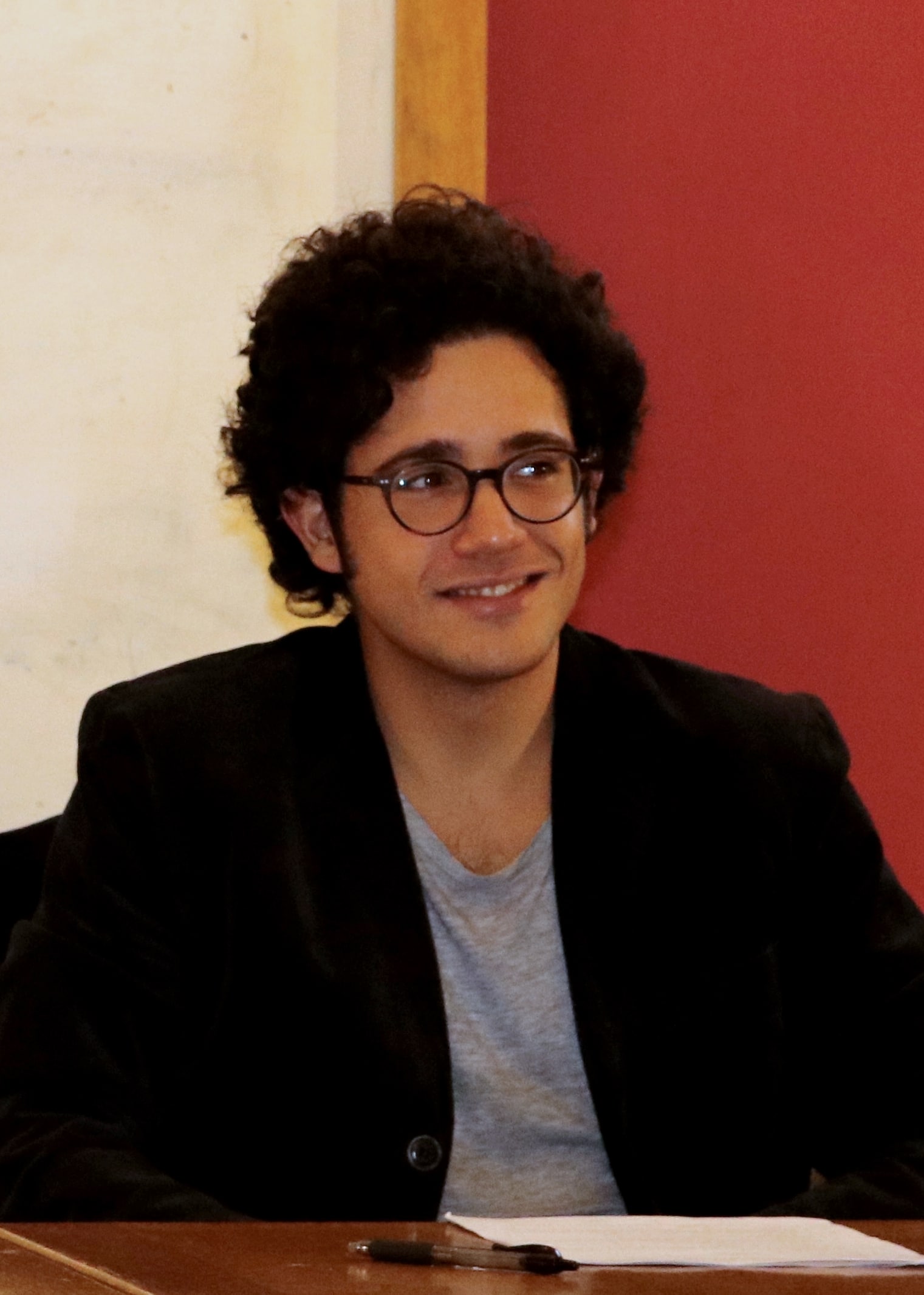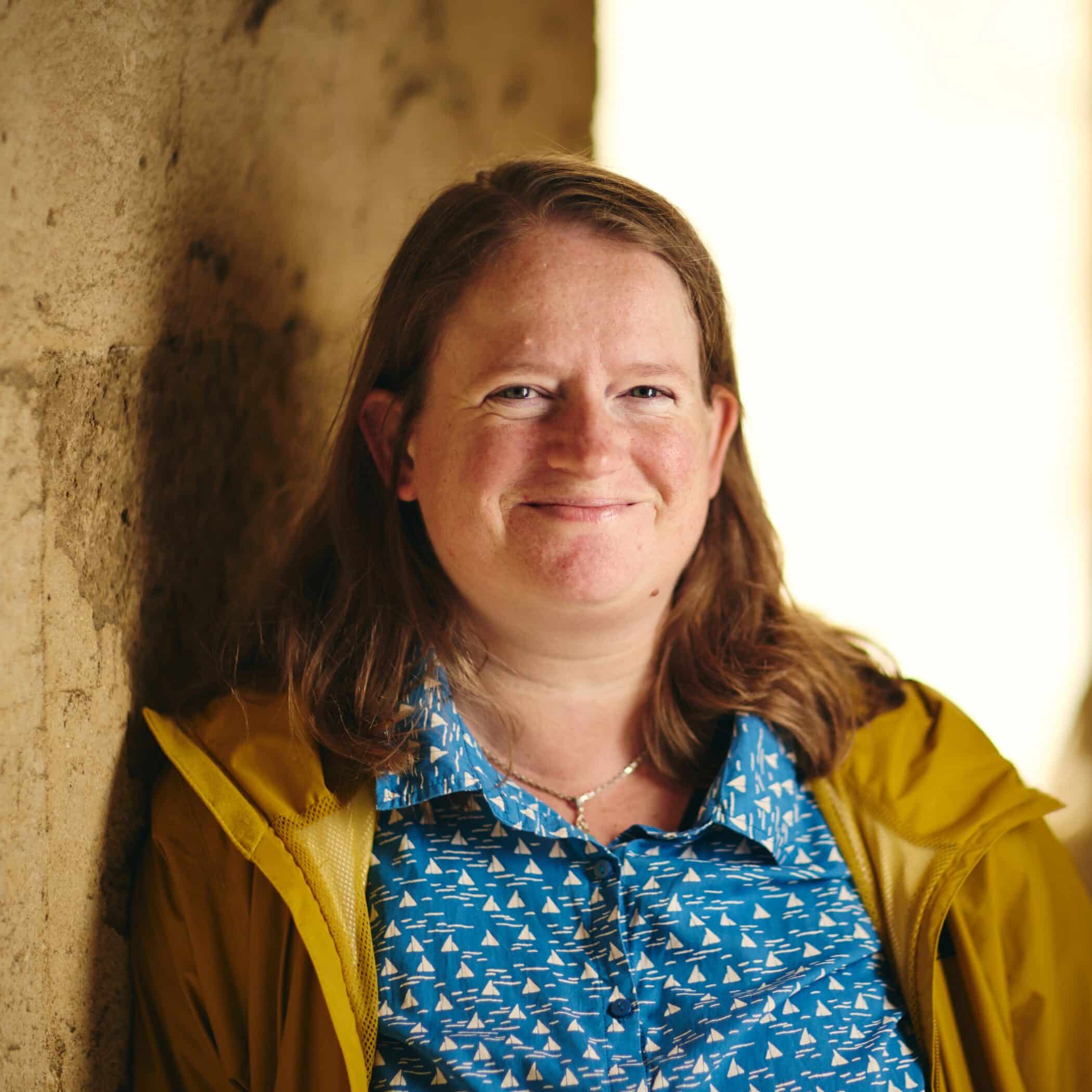Course overview
BA Classics
BA/MMathPhil Mathematics & Philosophy
BA Philosophy & Linguistics
BA Philosophy & Modern Languages
BA Philosophy, Politics & Economics
BA/MPhysPhil Physics & Philosophy
BA Psychology & Philosophy
BA Philosophy & Theology
The College admits undergraduates to read Philosophy as a component of the Classics and PPE courses, and in the various smaller Joint Schools.
Philosophy cannot be read as a single-subject course. For PPE Finals, Philosophy can be studied with either Politics or Economics, or both; those with strong philosophical leanings can take up to five papers in the subject. In Joint Schools candidates may also concentrate on Philosophy, the same wide range of Philosophy options as in PPE being available; the papers they are required to offer, however, vary from School to School.
In Literae Humaniores, Philosophy can be combined with Ancient History and/or Greek and Latin Literature. Again the full range of Philosophy options is available, and up to five can be taken. Candidates taking two or more options must study at least one ancient text.
Applying
In selecting undergraduates to read Philosophy we are looking, above all, for people with enquiring and critical minds and with plenty of imagination; it does not matter whether students have studied philosophy before. The courses themselves involve wide reading, but the object is not to stock students’ minds with the teachings of great philosophers, but for them to learn to analyse the structure of philosophical arguments and to evaluate them.
















